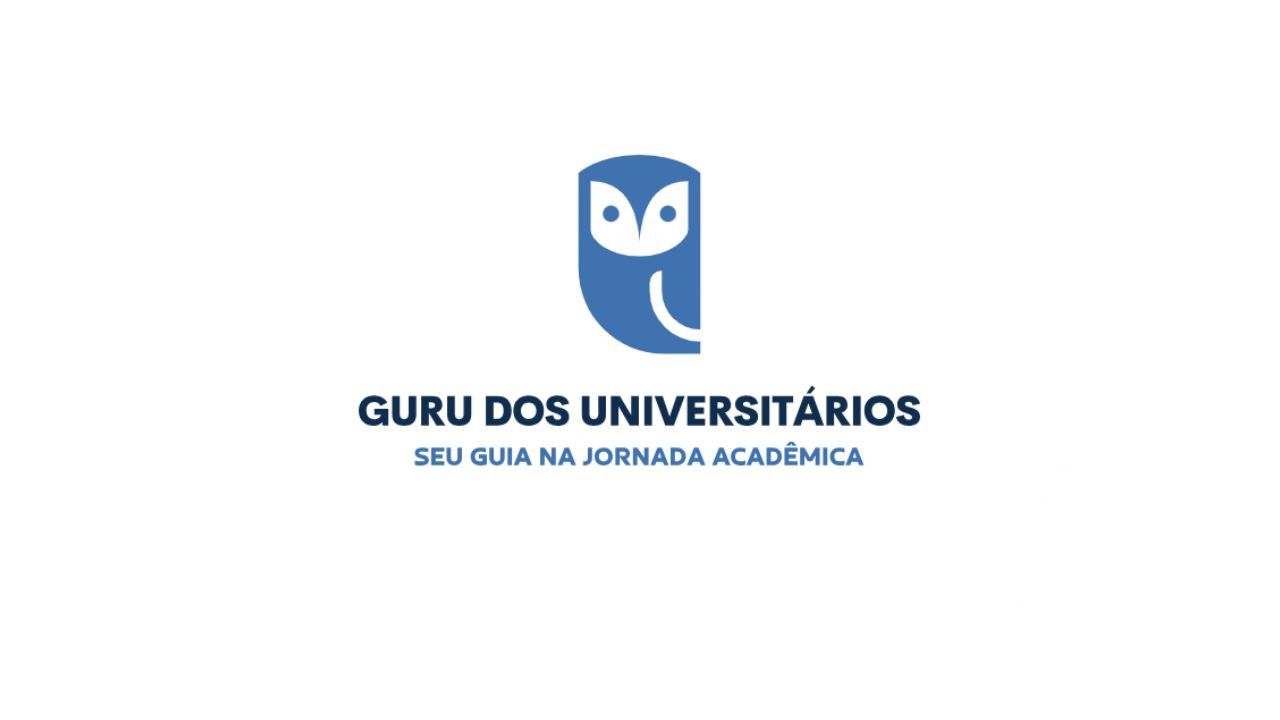Debunking Common Myths About Studying in Brazil
Introduction
Studying in Brazil can be an enriching experience, offering a unique blend of diverse cultures, stunning landscapes, and high-quality education. However, several myths surround the idea of pursuing education in this vibrant country. In this blog post, we aim to debunk some of the most common misconceptions about studying in Brazil.
Myth 1: Language Barrier is Insurmountable
One of the most prevalent myths is that the language barrier is too difficult to overcome. While Portuguese is the primary language spoken, many universities in Brazil offer courses in English, especially for international students. Additionally, most universities provide Portuguese language courses to help students acclimate and enhance their learning experience.

Language Support for International Students
Many educational institutions have dedicated language centers and support systems to assist international students. These resources are designed to help students gain proficiency in Portuguese, facilitating smoother integration into both academic and social environments.
Myth 2: Education Quality is Subpar
Another common misconception is that Brazilian universities do not offer high-quality education. On the contrary, Brazil is home to several world-renowned universities known for their research and academic programs. Institutions such as the University of São Paulo and the Federal University of Rio de Janeiro are ranked among the top in Latin America.

Diverse Academic Opportunities
Brazilian universities offer a wide range of programs across various fields such as engineering, medicine, environmental science, and the arts. These programs often come with opportunities for research and practical experience, which are highly valued in the global job market.
Myth 3: Safety Concerns
Safety is often a concern for those considering studying abroad, and Brazil is no exception. While it's true that some areas may pose risks, it's important to note that universities prioritize student safety. Campus security measures are in place, and students are provided with guidance on how to stay safe in cities.
Understanding Local Culture
By understanding local customs and staying informed about safe practices, international students can enjoy a secure and fulfilling experience. Many universities also offer orientation sessions to help students adapt to Brazilian culture and lifestyle.

Myth 4: Limited Post-Graduation Opportunities
Some believe that studying in Brazil limits career opportunities after graduation. In reality, Brazil's growing economy and its position as a leading emerging market offer numerous opportunities for graduates. Many multinational companies have a presence in Brazil, providing a wide range of career prospects.
Networking and Career Development
Universities often have strong networks with industries, offering students internships and job opportunities. Career fairs, workshops, and alumni networks further aid students in building connections that can be beneficial after graduation.
In conclusion, studying in Brazil can be a rewarding experience that offers academic excellence, cultural immersion, and exciting career opportunities. By debunking these myths, we hope to provide a clearer picture of what studying in this dynamic country truly entails.
